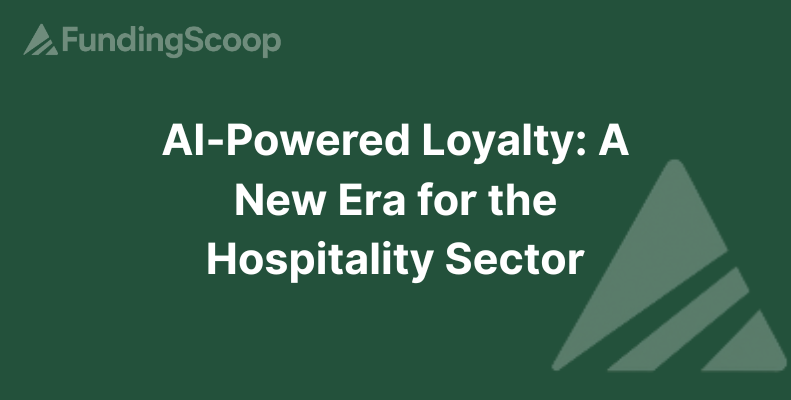
AI-Powered Loyalty: A New Era for the Hospitality Sector
Marcus Ashford
Chef Mario Carbone invests in Magic, an AI-driven startup aiming to transform loyalty programs in the hospitality sector. AI's potential for creating personalized, data-driven loyalty experiences could significantly benefit UK businesses, though challenges in adoption exist. Early adopters of AI loyalty programs may gain a competitive edge by enhancing customer retention and engagement.
The culinary world is not where you'd expect to find groundbreaking technology, yet that's exactly where AI is starting to carve out a niche. Mario Carbone, a celebrated chef, has thrown his hat into the tech ring by investing in Magic, an AI-driven loyalty startup. This venture marks a pivotal shift in how technology can enhance customer loyalty, particularly within the hospitality sector, illustrating wider trends that UK businesses should not ignore.
The Role of AI in Reinventing Loyalty
AI's influence spans various industries, and its potential in enhancing loyalty programs is particularly promising. These programs, traditionally based on a points system, are evolving into sophisticated, data-driven experiences. According to Antavo, AI's power lies in its ability to offer hyper-personalized experiences tailored to individual consumer behaviours.
Magic plans to leverage these capabilities by using machine learning to study customer patterns, enabling businesses to provide bespoke dining experiences. This approach could significantly benefit UK restaurants by pioneering how loyalty programs operate, potentially boosting customer retention and sales.
My Take
I've observed that many UK businesses have yet to fully embrace AI's potential. While adoption presents challenges, the benefits, particularly in customer retention and personalized marketing, can outweigh the initial hurdles. By adopting AI-driven loyalty programs, businesses not only cater to modern consumer expectations but also position themselves at the forefront of innovation.
Conversely, sceptics argue the upfront investment and complexity of integrating AI systems may outweigh the benefits for smaller establishments. However, the reality is that early adoption offers a competitive edge, allowing businesses to establish themselves as industry leaders.
Conclusion
The trajectory of AI in loyalty programmes is clear—it is set to redefine customer engagement across various sectors, especially hospitality. For UK businesses willing to traverse this brave new world, the rewards could be substantial, placing them miles ahead in customer experience and loyalty.


